Castration is one of the most common surgical procedures performed on male horses that are not intended for breeding. Removing a male horse’s testicles not only prevents unwanted breeding within your stable, but castration can also greatly improve the management and behavior of your horse.
When Should a Horse Be Castrated?
In our climate, horse castration can take place during Fall, Spring, or winter. We recommend castrating your horse outside of the summer months to avoid the presence of flies that can potentially carry bacteria and spread infection while your horse heals.
At What Age Should a Horse Be Castrated?
Stallions that are no longer required for breeding can undergo castration at any time.
Colts that are not intended for breeding are typically gelded as yearlings between six months and two years of age. Colts do need to have both testicles descended for a routine castration, otherwise, they may be referred to a surgical facility for a cryptorchid castration.
Equine Castration Methods and What to Expect
Our equine veterinarians perform all equine castrations with horses under injectable anesthetics.
Open Castration
Open castration is the most common castration method used. This method uses two incisions to remove a horse’s testicles and leaves the incisions open to allow for free draining and natural healing. The open castration method helps to reduce fluid retention and swelling after a castration, reducing pain, inflammation, and potential for complications.

Aftercare
Our veterinarians will provide you with detailed aftercare instructions at the time of castration based on your horse’s procedure and history. Generally, we recommend that horses get light exercise in the days following castration, as this will help the wound drain and encourage proper healing.
In-Hospital and Mobile Equine Castration in Tucson
At Jackpot Veterinary Center, we strive to provide equine veterinary care that’s tailored to meet each of our patient’s and client’s needs. We offer equine castration both in-house in our equine hospital and on-site in the field as a part of our mobile veterinary services.
To learn more about equine castration or to schedule a castration appointment for your colt or stallion with Jackpot Veterinary Center, we welcome you to contact our office today.






